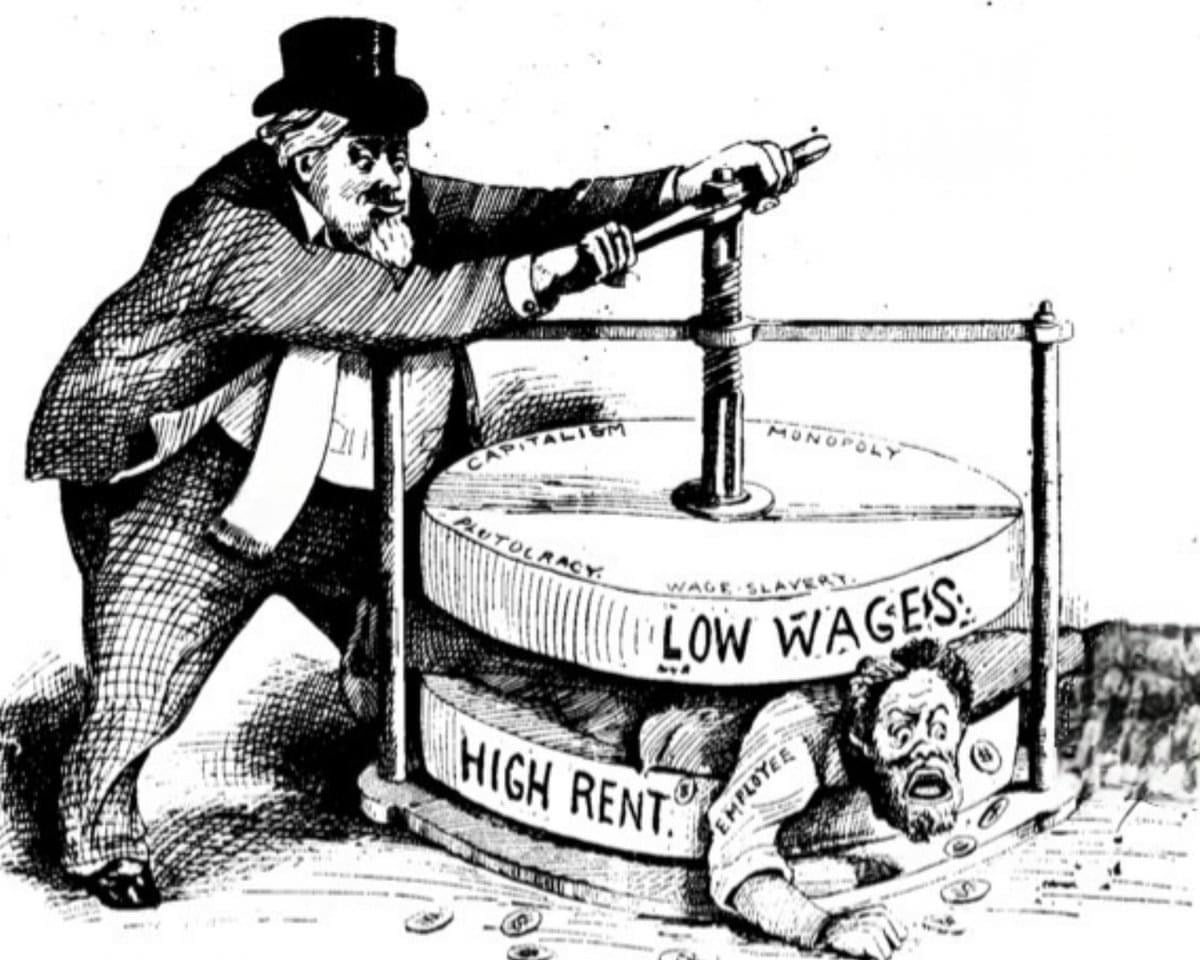As I write, there have been more murders in London than New York so far this year, and the Home Secretary has just denied that cuts to police numbers have anything to do with the increase in young people dying. Senior retired coppers have said the opposite, with former Met Police Commissioner Ian Blair saying the neighbourhood policing scheme which allocated six officers to each ward had been cut to two.
The State is in retreat from providing the sort of services people have grown up to expect. The evidence has been there for years in the NHS, the care system, schools and housing: the fact that even law and order is failing shows how far austerity has gone: it is especially worrying given how the far-right has responded in places like Greece and Italy to the failures of the State to guarantee law and order and basic services.
The appeal of Corbyn is that he offers a return to the days when the State ran everything, even if it wasn’t perfect at least it was there. Corbyn’s reasoning seems to be that we can just go back to having properly funded health and social services, it’s just a matter of getting the rich to pay a bit more tax.
It’s a bit of a long-shot, but it is enough to attract support that would have seemed overwhelming to Ed Miliband, especially when you consider the alternative: a Tory government that rejoices in the pain it inflicts on the most vulnerable. It remains to be seen whether it can be delivered, though I think anarchists are right to be sceptical.
However, anarchists shouldn’t be cheerleading the Labour Party, but thinking about what our perspectives would be in this era of the State retreating. We can learn from our comrades where this has already happened, but we also need to look at what is already happening.
A case in point is the growth of food banks, which offer emergency food parcels to people in need, usually referred by a State or local government agency. While most of them are attached to churches, it is an example of bottom-up self-help, something we should support, while being alert to any group putting conditions on the food parcels.
It would be preferable for food banks to be entirely secular, but this is unlikely: there are no secular organisations with the infrastructure to do this. A century ago, friendly societies and other wider labour movement bodies would have been there, however they were pushed out by the State expanding its provision.
A few syndicalists and anarchists argued at the time of the welfare state’s creation in the 1900s that it would sap the resilience and fight of the working classes. It’s taken a while but the effects are all too obvious now that the State is withdrawing.
Organisations will be thrown up to meet the new needs of working class communities — to feed, house, educate and care. This is already starting to happen in some areas, but communities that have taken hit after hit will also be short of the very resilience needed to fight back.
Anarchists need to be involved in supporting them, but not uncritically. There is no benefit in going down the route of trying to have anarchist groups run services because if we’re honest with ourselves, it’s not what we are good at. Instead, we should be fighting within any such groups for them to be democratic, open to all and not discriminate, in the way that some religious groups might be tempted to.
Svartfrosk
This article first appeared in the Summer edition of Freedom Journal
Pic:A food bank collection sat St Mary’s Catholic Church, Bradford, by Betty Longbottom








